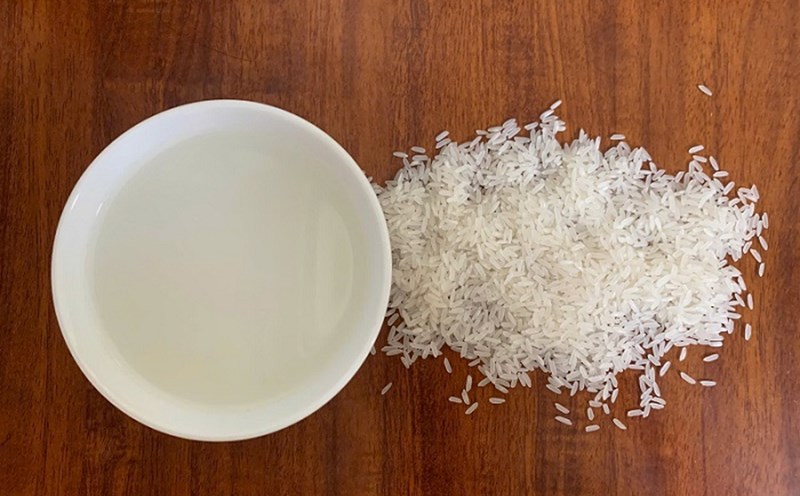The impact of nutrition on the skin
According to Dr. Sanjeev Gulati - dermatologist at Sharda Hospital (India), skin aging is inevitable over time. However, the rate and extent of aging can be slowed down through healthy lifestyle factors, in which diet plays a very important role.
Dr. Sanjeev Gulati said that the skin is the largest organ of the body and is the place that most clearly reflects the internal health status. When the body is provided with all the necessary nutrients, the skin will maintain elasticity, moisture and resistance to harmful factors from the environment.
On the contrary, an unbalanced diet rich in refined sugar, saturated fat, and processed foods can promote oxidation, disrupting collagen and elastin in the skin, thereby causing skin to quickly become sagging, wrinkled, and dull.
Propious foods help slow down skin aging
Vitamin C (orange, lemon, strawberry) helps synthesize collagen - keeping skin firm.
Vitamin E (nuts such as almonds and walnuts) fight free radicals and protect the skin from premature aging.
Omega-3 (almonds, flaxseeds) maintain moisture and reduce skin inflammation.
Carotenoids ( carot, tomato, sweet potato) help protect the skin from the harmful effects of UV rays.
The water helps detoxify, keeping the skin soft and elastic.
Foods to limit
Foods containing refined sugar, processed foods, and fast foods can cause inflammation, disrupt collagen structure, and promote aging. Excessive alcohol and caffeine consumption also causes dry skin, dehydration and vulnerability.
Note
Diet is not the only solution but is an important foundation for taking care of your skin from within. Combining a nutritious diet, drinking enough water, getting enough sleep and protecting your skin from the sun will keep your skin youthful and healthy for a long time.











